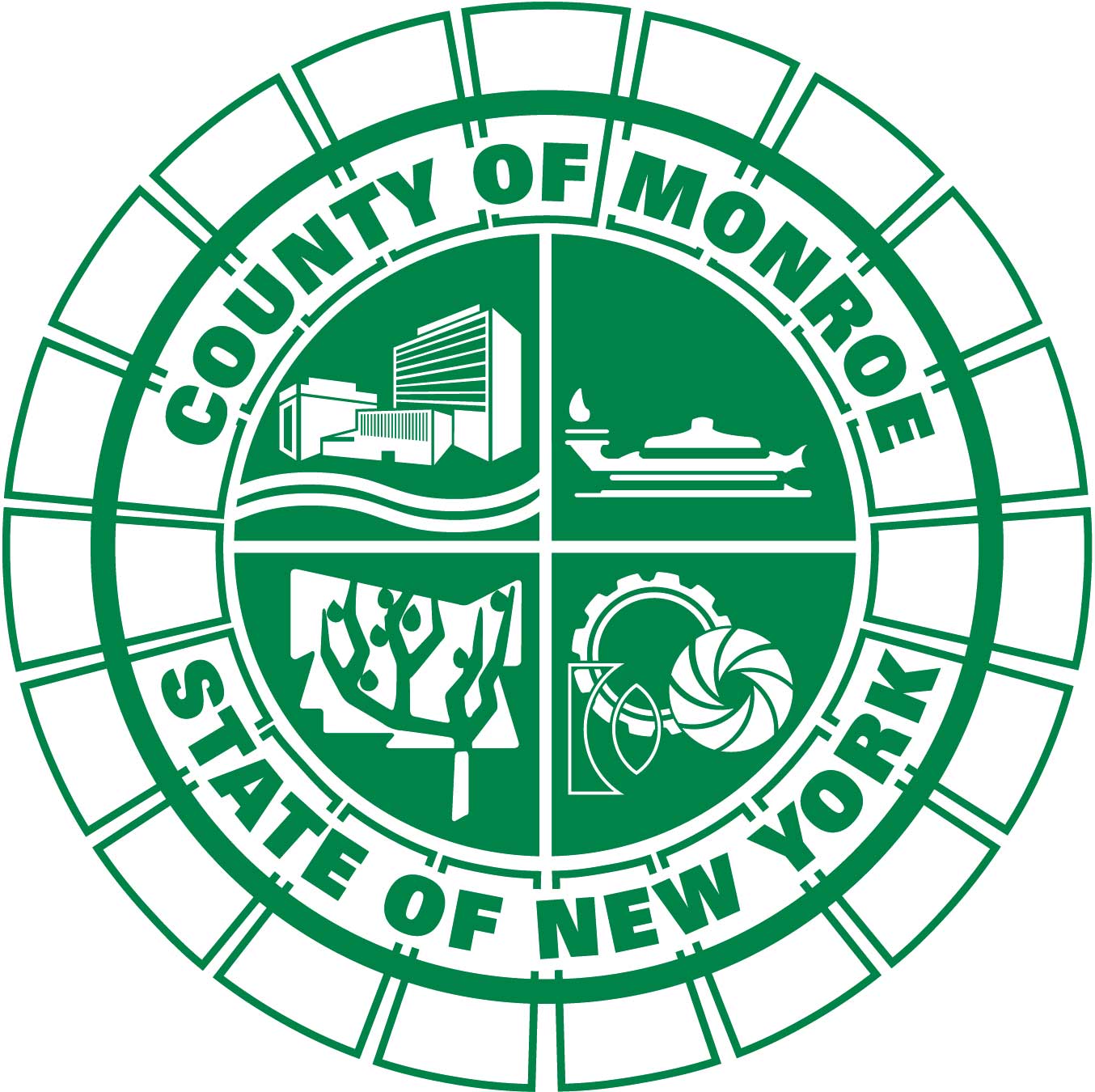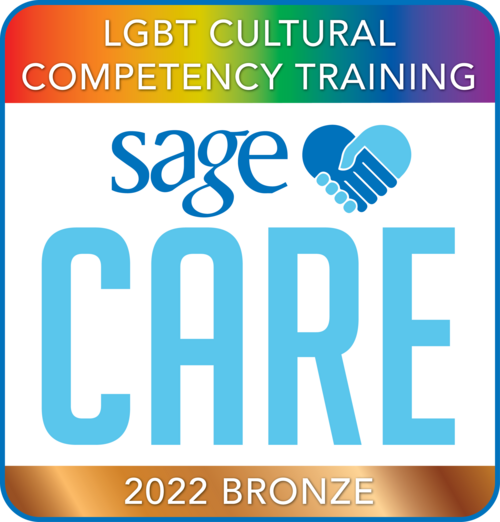Main Office
MCH 3rd Floor, Faith West
435 E. Henrietta Rd., Rochester, NY 14620
[email protected]
(585) 753-6280
Hours: Mon-Fri, 8am-5pm
Fax: (585) 753-6281
Greece Satellite
Steve Newcomb
Director,
Office for the Aging
Greece Ridge Mall
271 Greece Ridge Center Dr., Rochester, NY 14626
(585) 753-2802
Hours: Mon-Fri, 8am-4:30pm
Webster Satellite
BayTowne Plaza, Suite 645
1900 Empire Blvd., Webster, NY 14580
(585) 753-2812
Hours: Mon-Fri, 8am-4:30pm
*The Webster Satellite office is closed temporarily due to maintenance*
Tips for Older Adults during the Winter Season:
Dress Warmly:
-
Wear multiple layers of loose-fitting clothing to trap heat.
- Essential winter wear includes hats, gloves or mittens, scarves, and waterproof boots to protect against cold air and moisture.
- Keep indoor temperatures at least 68°F to prevent hypothermia.
Prevent Falls:
-
Use non-skid, rubber-soled shoes to improve traction on icy surfaces.
- Clear walkways of snow and ice, and consider using salt or sand to prevent slipping.
- Use handrails when navigating stairs and avoid going out until walkways are clear.
Limit Outdoor Activities:
- Stay indoors during extreme cold or windy conditions. If you must go outside, limit your time outdoors and let someone know your plans.
Home Safety:
- Winterize your home by sealing drafts around windows and doors, and using heating blankets for extra warmth.
- Keep an emergency kit with food, water, and medications in case of power outages.
Be Cautious with Space Heaters:
- Use space heaters safely and ensure they are properly vented to avoid fire hazards and carbon monoxide poisoning.
Stay Active:
- Engage in indoor exercises to maintain mobility and strength during the winter months. Consider community centers or indoor walking options.
Monroe County Office for the Aging Programs and Services are funded in part by Monroe County, New York State Office for the Aging, US Administration for Community Living, United Way, and participant contributions. We value our partnerships in order to meet the needs of our community's older adults and their caregivers.


















